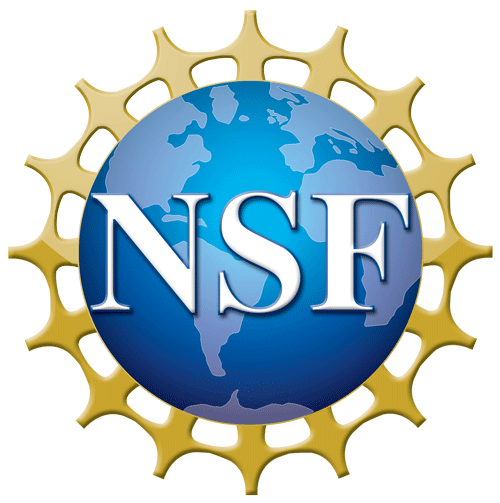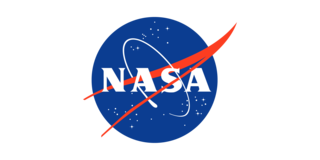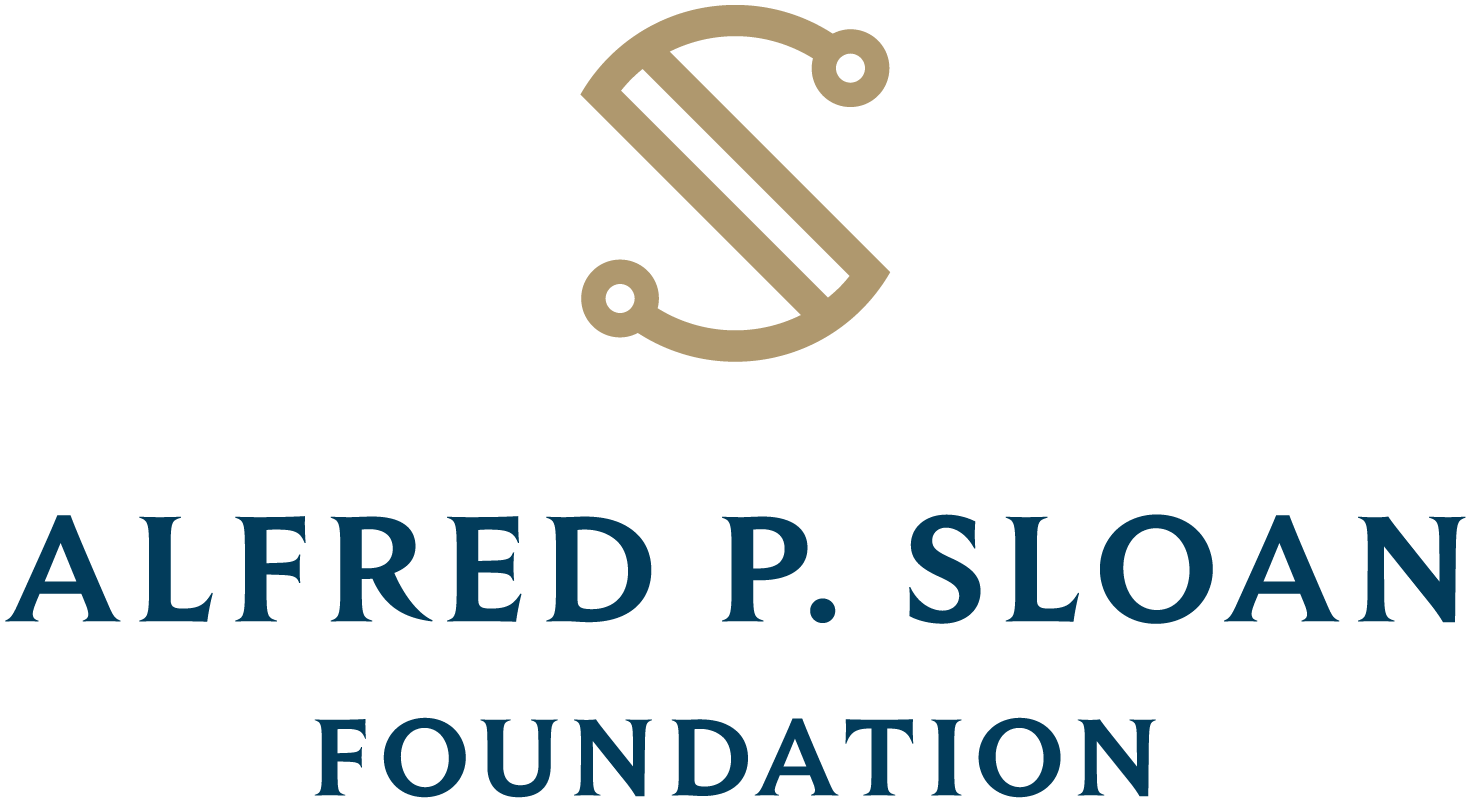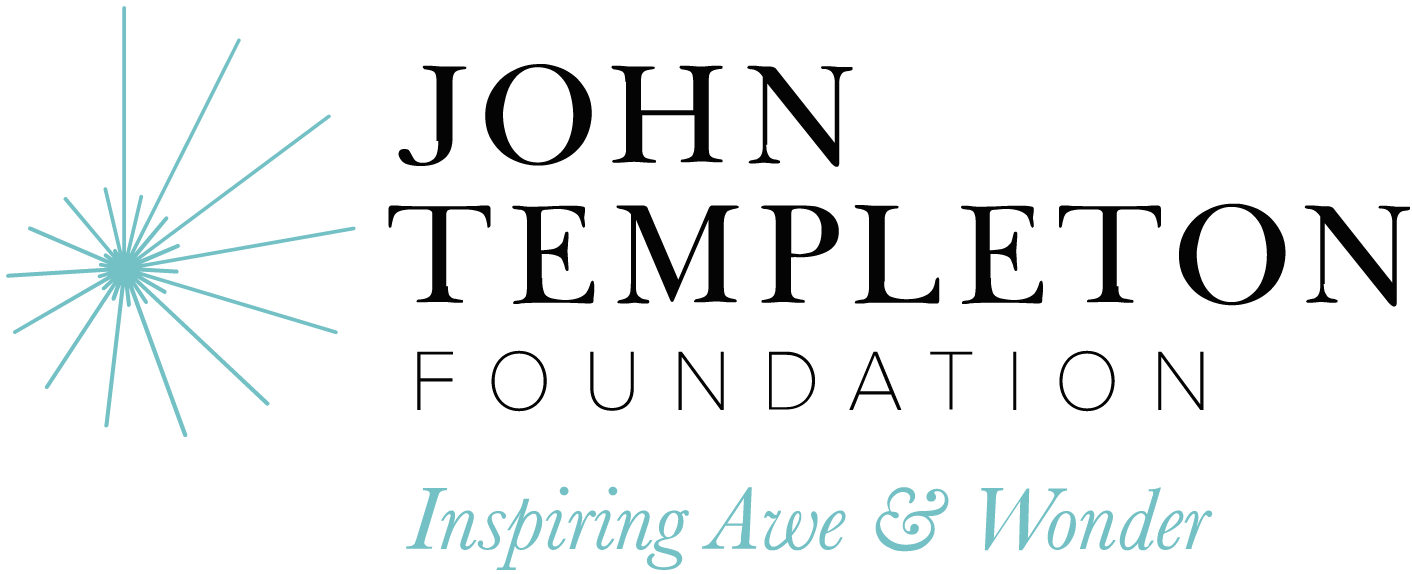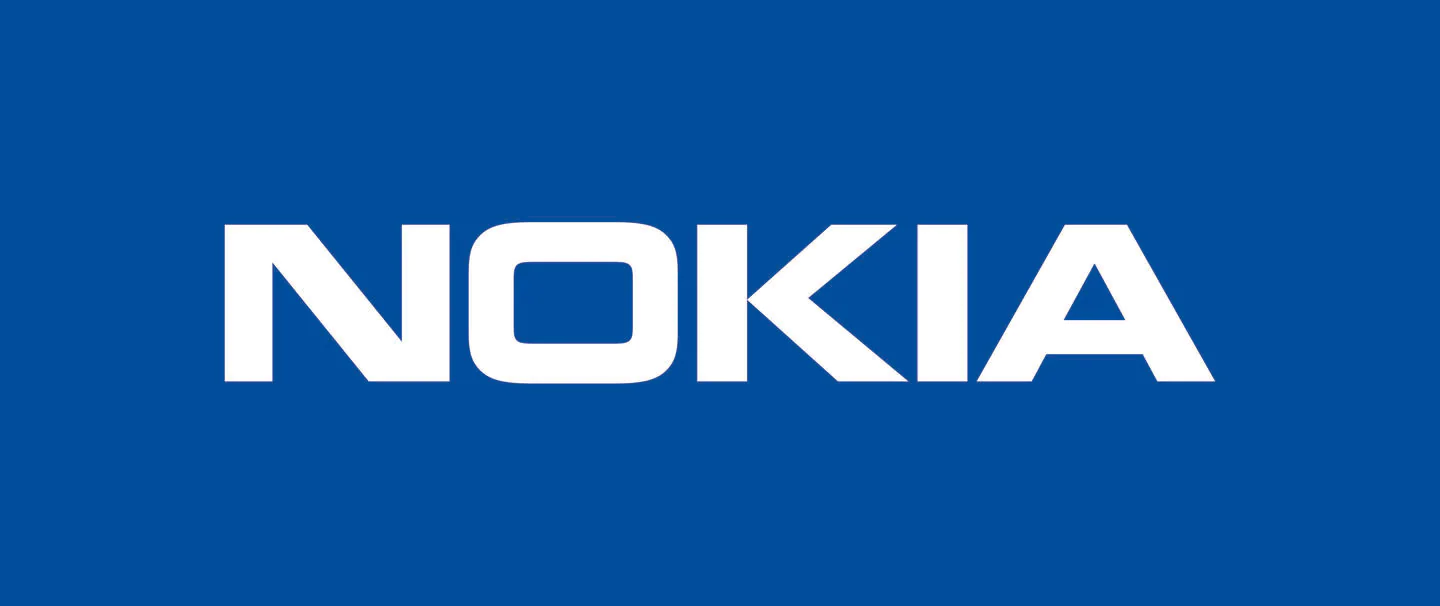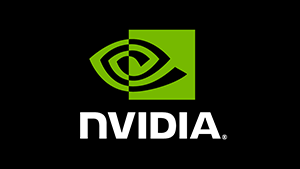Education & Outreach
Just as IDIES offers its rich and varied datasets to the research community, we also offer data to students and the general public. Students can learn science using the same data that researchers use. Online volunteers can help the cause of scientific research through citizen science activities.
Big Data in the Classroom (K-12)
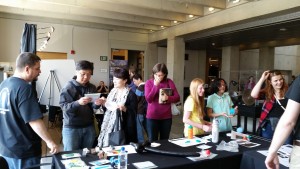 IDIES makes its data available to students and teachers, with interactive standards-based lesson plans for teaching science, math, and technology at the middle school, high school, and college levels. See the links below for the sites where the lesson plans are hosted.
IDIES makes its data available to students and teachers, with interactive standards-based lesson plans for teaching science, math, and technology at the middle school, high school, and college levels. See the links below for the sites where the lesson plans are hosted.
The SkyServer site of the Sloan Digital Sky Survey provides access to complete data for hundreds of millions of stars and galaxies. The site includes visualization tools and educational projects for learning science through the sky.
Data Science and SciServer in Higher Education
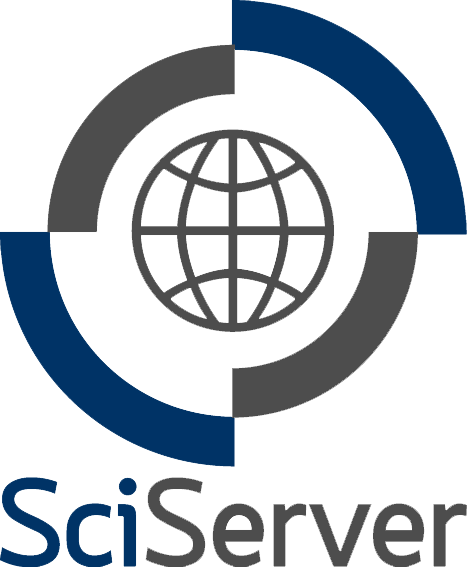 SciServer is the flagship science platform and free computational resource provided and maintained by IDIES. SciServer provides users with persisting data storage, a collaborative environment, industry-standard programming packages, and the ability to leverage high-performance computational analyses—all for free and for anyone to use. Instructors may upload datasets for student and public use and create Jupyter notebooks with replicable data analyses tutorials in one of several programming languages.
SciServer is the flagship science platform and free computational resource provided and maintained by IDIES. SciServer provides users with persisting data storage, a collaborative environment, industry-standard programming packages, and the ability to leverage high-performance computational analyses—all for free and for anyone to use. Instructors may upload datasets for student and public use and create Jupyter notebooks with replicable data analyses tutorials in one of several programming languages.
Because SciServer is free and versatile, compatible with open-source data analyses software packages spanning disciplines from turbulence to pathology to oceanography to materials science, it can effectively replace costly required course materials, significantly reducing the financial barriers many students face.
While the platform was initially developed to fill a specific gap in big data management and analyses within the professional astronomy research community, SciServer has also become the ideal tool for teaching data science to higher education students of all skill levels.
Below are a few actual use cases of SciServer functioning as both an educational platform and a computational infrastructure. Some labs are available for download through the course instructors’ github repositories.
Courses using Python
Introductory astronomy
Astronomy 101 | University of St Andrews, Scotland |
Professor Rita Tojeiro, Ph.D. | Rita’s GitHub repository
Upper-level astronomy
Astronomy 420 | University of North Carolina, Asheville |
Professor Britt Lundgren, Ph.D. | Britt’s GitHub repository
Courses using R/Rstudio
Research in biology (genomics)
Biology 12 | Clovis Community College, Fresno, California |
Professor Rosa Alcazar, Ph.D.
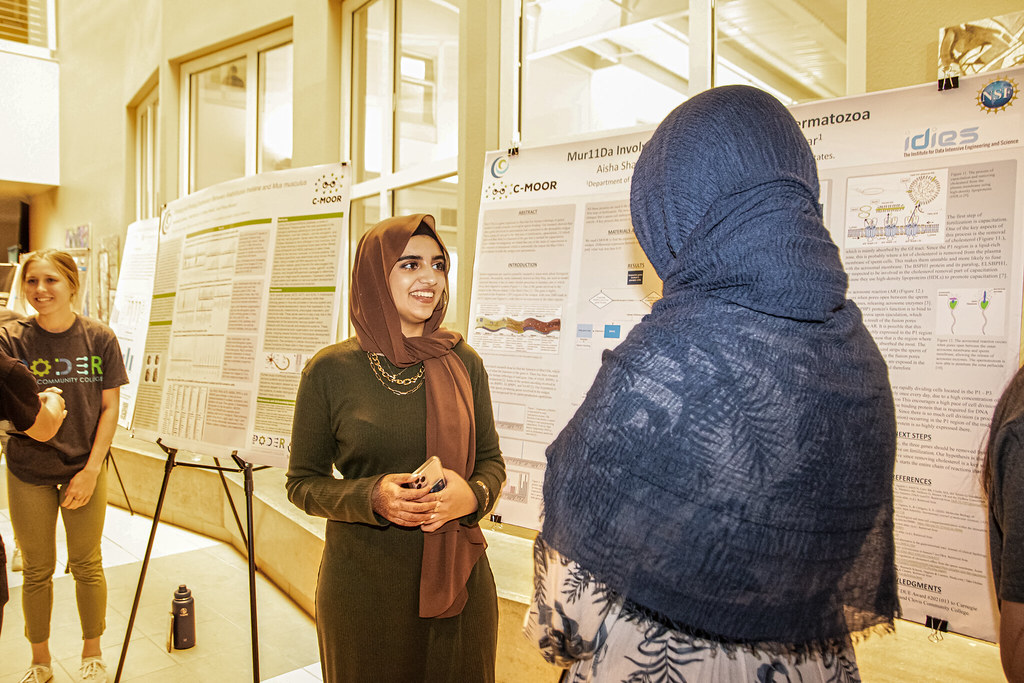 Students in this course learn critical thinking and data analysis skills in the context of genomics, introducing them to basic skills in R/Rstudio and making use of Bioconductor bioinformatics software, widely used amongst researchers in the field.
Students in this course learn critical thinking and data analysis skills in the context of genomics, introducing them to basic skills in R/Rstudio and making use of Bioconductor bioinformatics software, widely used amongst researchers in the field.
At the end of the course, students also prepare and present posters on their work at the Annual Clovis College Research Symposium providing them with formal presentation experience relevant to research.
Those enrolled in this course become part of the Carnegie Massive Open Online Research (C-MOOR) Scholar cohort. The C-MOOR program endeavors to close achievement gaps created by historical systems of inequity by connecting community college students with internship opportunities, career advising, university tours, and real-world lab experience.
Photo: A student presents her poster at the Annual Clovis College Research Symposium
Citizen Science
Galaxy Zoo and the Zooniverse
 Citizen Science was and is instrumental in analyzing the shapes of nearby galaxies in Sloan Digital Sky Survey. The GalaxyZoo project, started by IDIES and SDSS collaborators in 2007, called upon citizen scientists to categorize the shapes of hundreds of thousands of galaxies from telescope observations, a herculean effort that wouldn’t have been possible for the research team alone.
Citizen Science was and is instrumental in analyzing the shapes of nearby galaxies in Sloan Digital Sky Survey. The GalaxyZoo project, started by IDIES and SDSS collaborators in 2007, called upon citizen scientists to categorize the shapes of hundreds of thousands of galaxies from telescope observations, a herculean effort that wouldn’t have been possible for the research team alone.
In just the first iteration of the project, over 40 million classifications were made by more than 100,000 people! As of 2022, the GalaxyZoo project is entering its 16th year and shows no signs of stopping.
GalaxyZoo, along with other citizen science projects in fields ranging from astronomy to ecology to climate science to archaeology, helped to form the foundations of the Zooniverse Citizen Science Project, which allows anyone, anywhere to contribute to real research projects from the convenience of their own computer. Zooniverse is the current home of the GalaxyZoo project and of numerous other active people-powered investigations, and to date has recruited the help of over 2.5 million individuals.
Outreach Events
IDIES researchers frequently attend science outreach events to demonstrate our exciting new approach to conducting research. Below are just a few places that you may find the IDIES team; if you see us, come by and ask us your big data questions!
American Astronomical Society meetings (SciServer)
These heavily attended biannual events held by AAS are hosted in different cities across North America. IDIES’ SciServer team are long-time attendees, promoting the platform to astronomers beyond the Johns Hopkins community.
For more details, visit the AAS Meetings page.

JHU Homewood Campus, Baltimore, MD
IDIES participates in the annual Physics Fair at the JHU Department of Physics and Astronomy. A team of IDIES volunteers host an exhibit booth that is always a big hit at the event. Some of the past hands-on activities that we’ve demonstrated with the hundreds of young attendees have been a three-dimensional fly-through of the Universe created by former IDIES member Miguel A. Aragon-Calvo. Other activities included a scaled-model of the Earth and Moon, and a build-your-own spectrograph activity.For more details on the event, visit the Physics and Astronomy departments Physics Fair page.

Washington, D.C.
Every other year, non-profit organization, SparkScience holds the largest, biennial STEM-focused event in the country, with the goal of inspiring and nurturing the curiosity of the next generation of scientists. IDIES is proud to be in attendance sharing our novel approaches to big data and data science-involved research with students and their educators.Learn more about the festival.
Photos: IDIES Director Alex Szalay at the USA Science and Engineering Festival (right); A series of images take of the IDIES exhibit of the USASEF (below)

